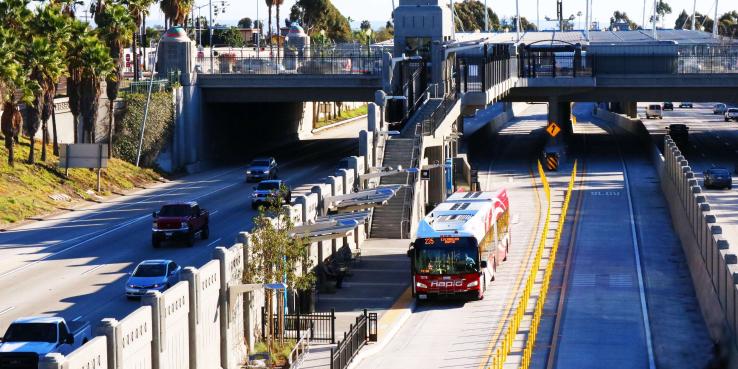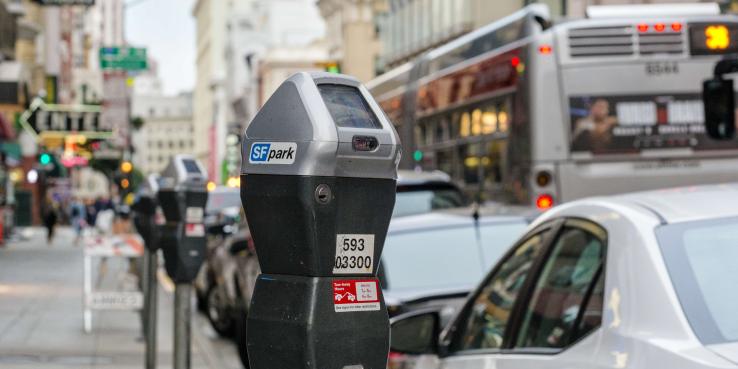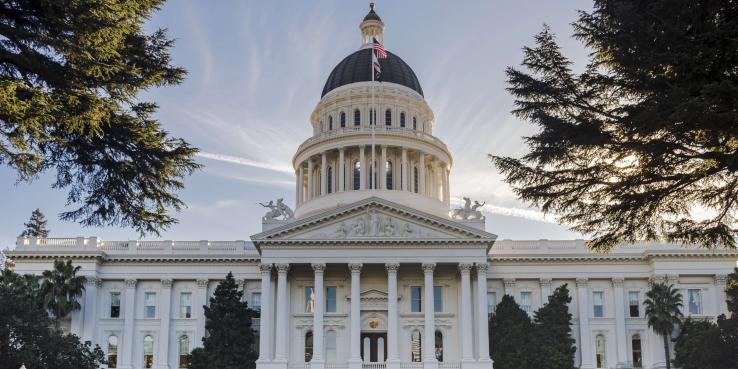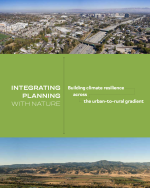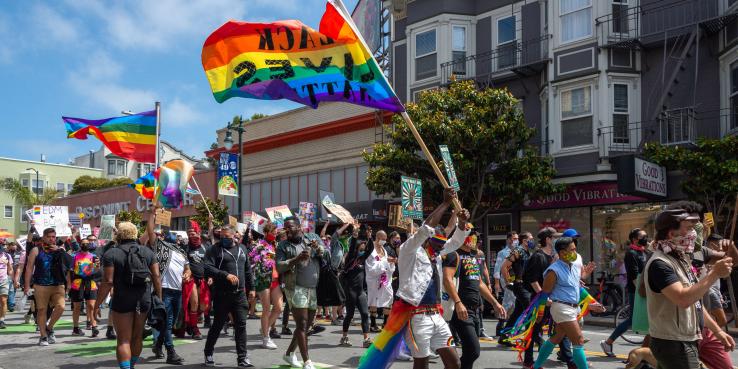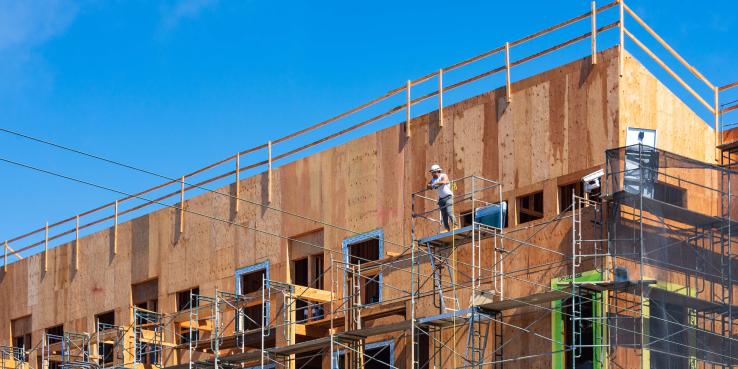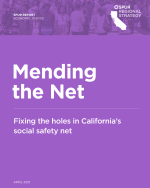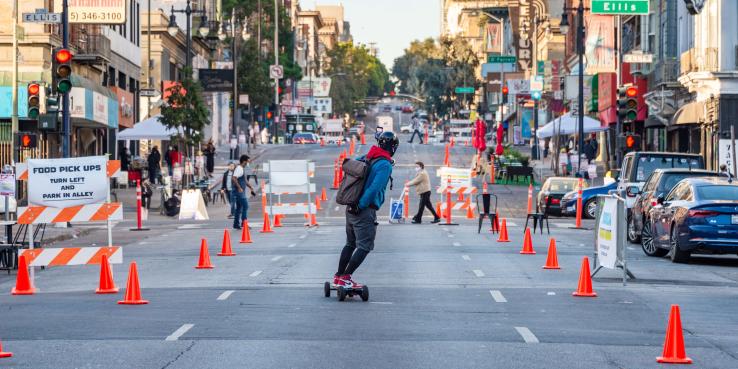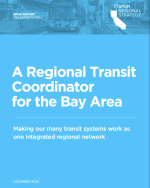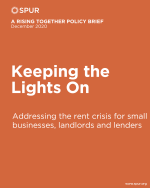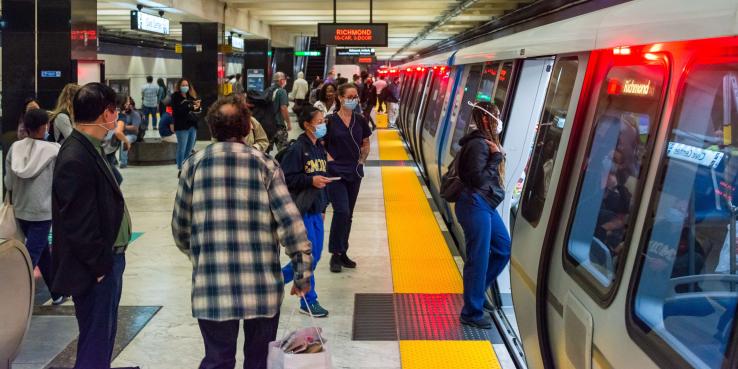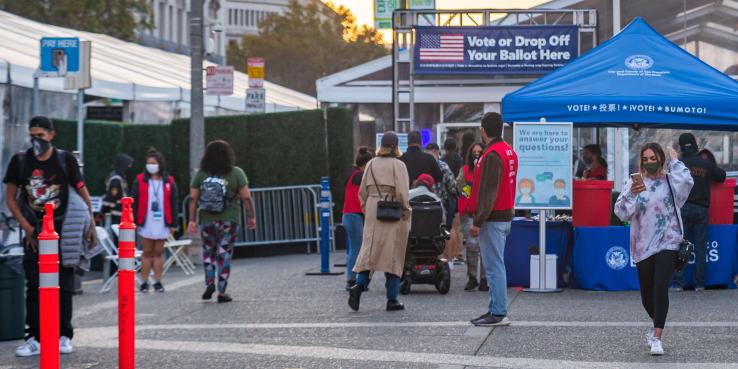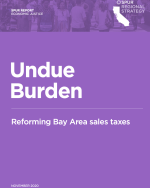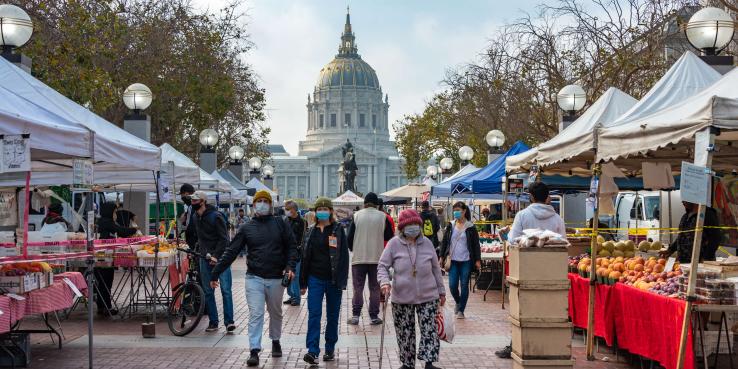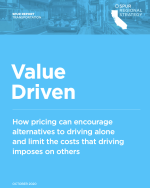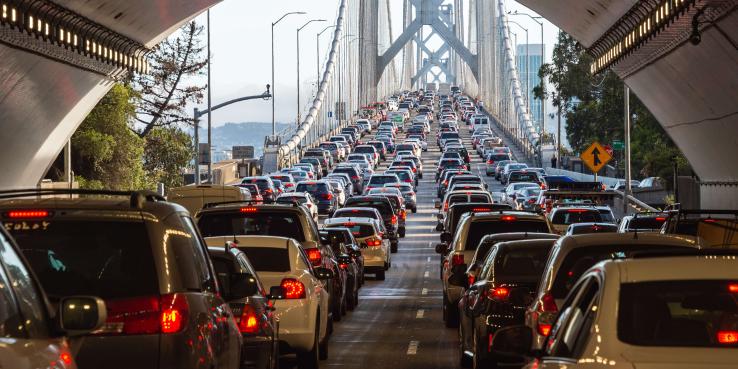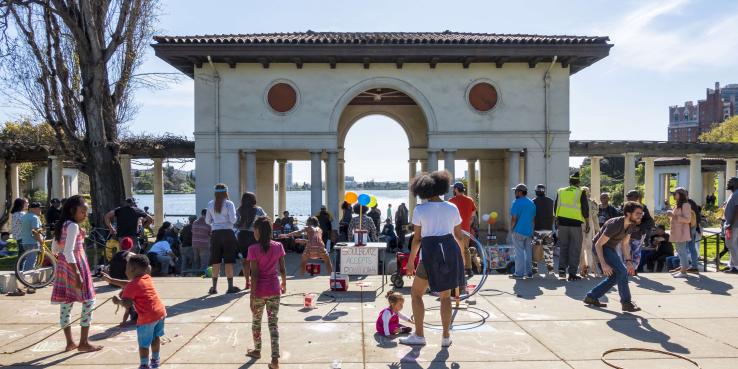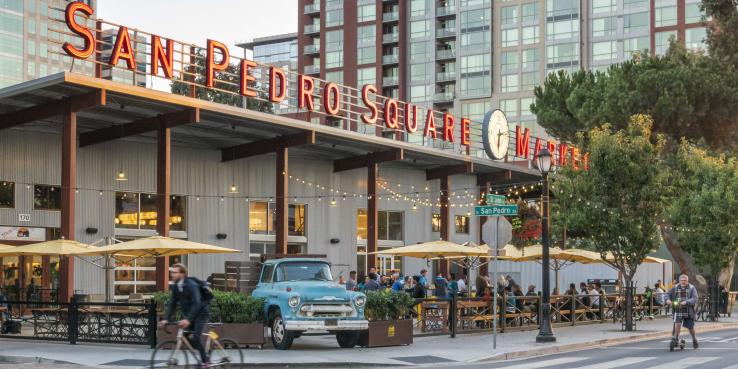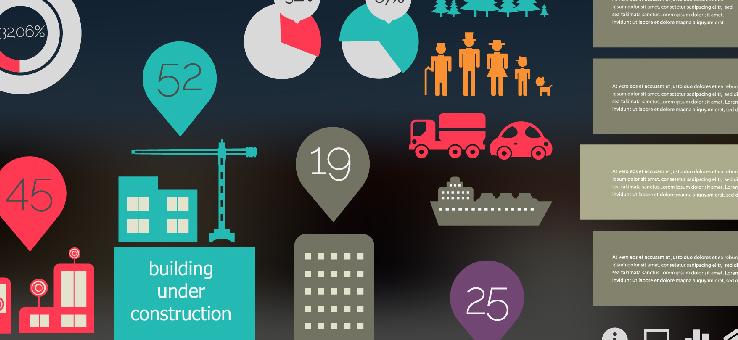
How to Repurpose Bay Area Freeways for Fast and Reliable Regional Public Transit
News / Imagine a Bay Area where your school, your job and your friend in the next county are no more than 30 minutes away via convenient, reliable buses zipping along uncongested freeway express lanes throughout the day. This vision is not just appealing — it's essential to delivering on our region’s transportation goals. SPUR’s latest report proposes a regional bus strategy to make it a reality.
How to Solve the Transit Budget Crunch: Price the Private Use of Public Streets
News / COVID-19 has been catastrophic for public transit. Plunging fare and tax revenues are forcing drastic cuts. In a guest post for SPUR, two UC Davis law professors suggest that there’s a solution right under our feet: Make private drivers pay market rates to park on the public’s roads. And yes, they argue, it’s legal.
California Legislators Introduce New Bills as 2021 Session Kicks Off
News / Last Monday, the California State Legislature convened to swear in members and introduce the first bills of the 2021-2022 legislative session. Here’s a round-up of notable bills that have already been introduced, including some key bills SPUR will be tracking.
Integrating Planning With Nature
Policy Brief Over the next century, the San Francisco Bay Area will face three major challenges: adapting to a changing climate, adding infill development to accommodate a growing population, and maintaining natural and working lands in the face of development pressure. A new report outlines how nature-based solutions can maximize community preparedness for future climate conditions while providing a wide variety of benefits to people and ecosystems.
2020 Vision: What This Year Taught Us to See
News / It’s been a hard year, and many of us are eager to close the door on 2020. At the same time, we have come to understand that to return to “normal” would be to reembrace a way of living that was neither sustainable nor equitable. As we exit this year, it’s worth understanding what 2020 served up for our collective awareness.
Bold Moves on Building Electrification in the San Francisco Bay Area
News / The Bay Area’s three largest cities made headlines recently when they passed bold new rules to phase out fossil fuels in buildings. San José, San Francisco and Oakland now have plans to make most new construction all-electric. These actions will make the air cleaner to breathe and slash the region’s contributions to climate change.
Mending the Net
SPUR Report Long before the COVID-19 pandemic and economic slowdown, California had the highest poverty rate in the nation. The state is also one of the worst at getting benefits to those who need them, with some programs missing over a million eligible people. Streamlining and automating the application process would help Californians receive the public support they have a right to.
How San Francisco Can Cut the Red Tape That Blocks Green Projects
News / Two San Francisco residents prompted widespread outcry when they delayed pandemic-response street projects by appealing them. Mayor London Breed and Supervisor Matt Haney recently introduced legislation that would help reduce the impact of potentially frivolous appeals on certain projects.The appeals delayed the implementation of two phases of Slow Streets, emergency transit lanes, a protected bike lane, and street closures to enable COVID-testing and food pantries.
A Regional Transit Coordinator for the Bay Area
SPUR Report The Bay Area’s two dozen different transit services would be easier for riders to use if they functioned like a single network. This type of coordination is complex, but that’s not why it hasn’t been done. The real reason is that it’s not anyone’s responsibility. In a new report, SPUR recommends establishing an institution that could coordinate transit operations across a cohesive regional network.
Keeping the Lights On
Policy Brief The COVID-19 pandemic and subsequent shelter-in-place orders have thrown businesses — and especially small businesses — into survival mode. Are there ways to help businesses so that pandemic-induced failures don’t ripple through the real estate and lending industry? In collaboration with small business owners and advocates, this fall SPUR offers ideas for addressing the rent challenges for small businesses, landlords and bankers.
Want Coordinated Transit? Make That Someone’s Job
News / What if the Bay Area’s two dozen transit systems had the same maps, fares and schedules? What if they were designed to function as a network? Could transit be faster and easier for more people to use? Currently, coordinating these services isn’t anyone’s job. A new SPUR report recommends establishing a single institution to coordinate transit operations across a cohesive regional network.
November 2020 Election Results
News / This year, SPUR’s Voter Guide provided Bay Area voters with analysis and recommendations on 35 local, regional and state measures. Now that the dust has settled, a historic election in a historic year has produced a number of critical local wins in the Bay Area, despite some significant defeats.
Undue Burden
SPUR Report Sales taxes are a common revenue-raising tool, but they also play a role in reinforcing structural inequality. Every consumer pays the same tax rate at the register, but low-income households pay a higher percentage of their income. In a new report, SPUR explores three options for instituting a low-income sales tax credit or supplement to help create a more equitable tax code.
Time to Reform Bay Area Sales Taxes
News / Taxes are more than revenue-raising tools: They reflect our collective sense of fairness and shared values. But most sales taxes are regressive, which means they hit low-income households hardest. A new SPUR report argues that a sales tax credit or similar cash benefit could address these impacts and advance a more just tax code and a more equitable region.
Value Driven
SPUR Report Roads and parking are expensive to build, but they’re mostly free for drivers to use as much as they’d like. This kind of free access imposes serious costs on others: traffic, climate change, air pollution, and heart and lung disease. SPUR’s new report Value Driven shines a light on the invisible costs of driving and offers five pioneering strategies to address them.
Shining a Light on the Invisible Costs of Driving
News / For most people in the Bay Area, getting somewhere means driving. It's the default option because it is most often easier and cheaper than any other option. But driving imposes serious costs on others: traffic, climate change, air pollution, and heart and lung disease. A new SPUR report shines a light on the invisible costs of driving and offers five strategies to address them.
SPUR Welcomes Ronak Davé Okoye as Oakland Director
News / SPUR is pleased to announce that Ronak Davé Okoye has joined the organization as Oakland director. SPUR Oakland Board Chair Dahlia Chazan says she’s excited to welcome Ronak to SPUR: “She’s an Oaklander who will be serving her community, bringing new ideas from other cities and from her experience helping government agencies really listen to the people they serve.”
Equity and the Public Realm: Designing Spaces for Everyone
News / Who determines how public spaces are used, and who gets to use them? SPUR’s weeklong symposium Ideas + Action 2020: Public Space brought people together from different cities to share their perspectives regarding equitable public spaces. A set of themes emerged: Building equitable public spaces requires a public and professional reckoning with power, safety and accessibility.
Funding California’s Fight Against Climate Change
News / What could California do to limit climate change and clean the air if the state had $30 billion to spend in the next 10 years? Climate change policy leaders gathered to tackle this question at an October 1 convening organized by SPUR and Move LA. On the table is a potential ballot measure that could go before California voters in November 2022.
Downtown San José’s Momentum Slowed but Not Stopped
News / After decades of efforts to attract investment, downtown San José was experiencing a rare moment in the spotlight before COVID-19. Big project announcements from Google, Adobe and others seemed to put within reach San José’s decades-old aspiration to become a lively urban center. Now, as the pandemic drags on, residents are left to wonder how much of downtown’s previous momentum will carry through the crisis.
